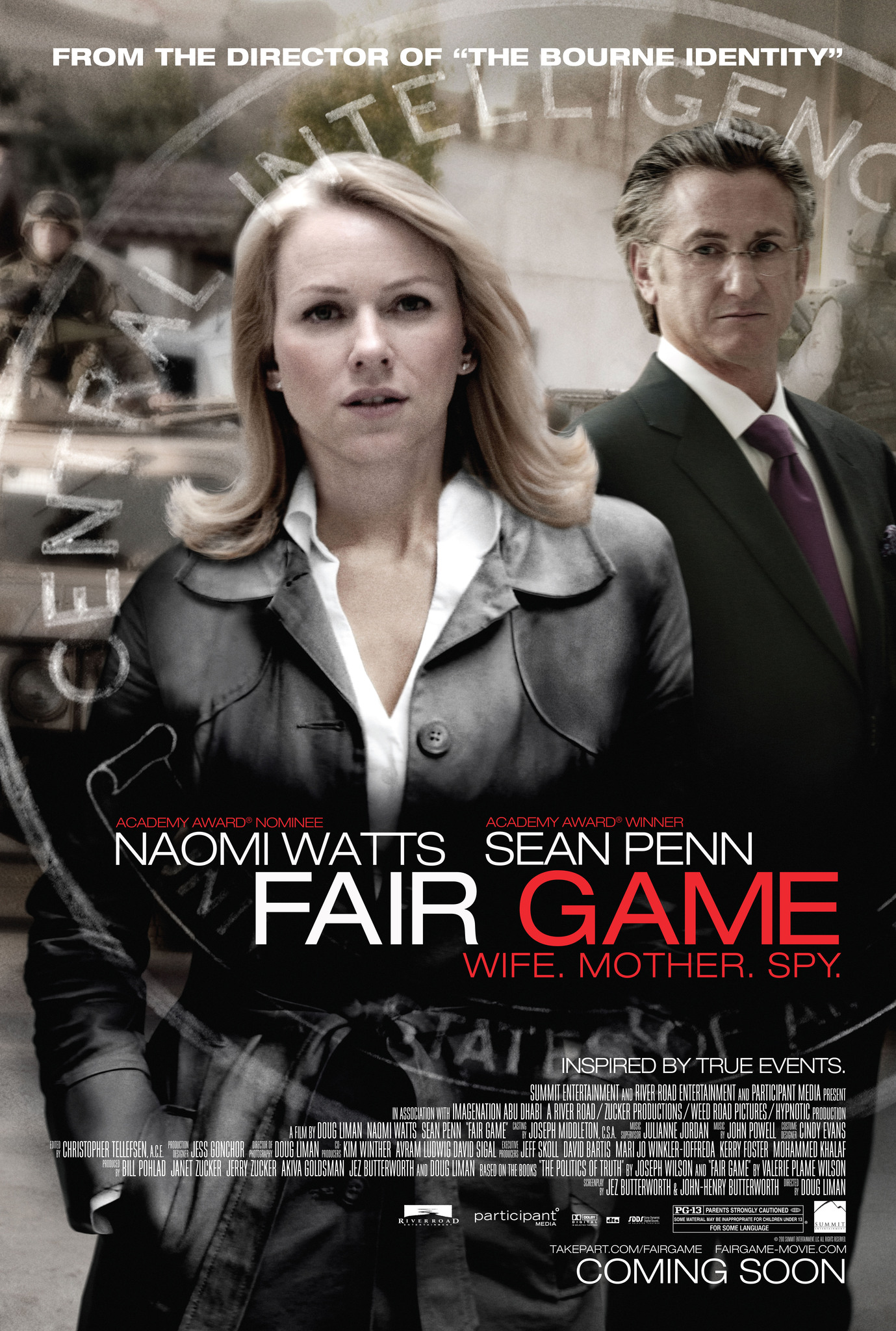The item from the Guardian on clicktivism I linked to in the last post has a potent prediction in its conclusion. I like the sentiment. It is not enough though. Jettisoning the methods of marketing is fine, but what then? How to truly embrace the power of the net & social networks in an emerging world, how that can be done in a radical revolutionary way is not yet evident. Do Wikipedia, Linux, Facebook have something that can be harnessed for a greater purpose? How?
Clicktivism is ruining leftist activism | Micah White | Comment is free | guardian.co.uk:
In place of measurements and focus groups will be a return to the very thing that marketers most fear: the passionate, ideological and total critique of consumer society. Resuscitating the emancipatory project the left was once known for, these activists will attack the deadening commercialisation of life. And, uniting a global population against the megacorporations who unduly influence our democracies, they will jettison the consumerist ideology of marketing that has for too long constrained the possibility of social revolution.




